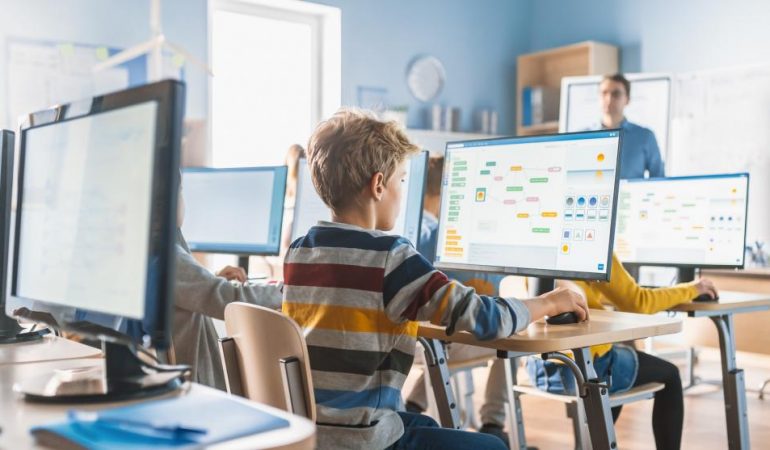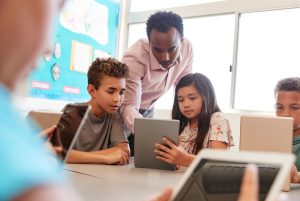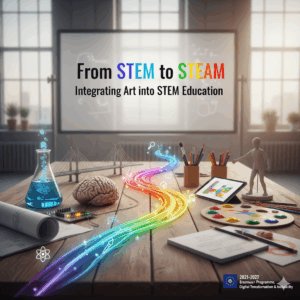Digital Tools for Innovative and Collaborative Teaching
Course Description
This course helps educators explore how to make teaching processes more innovative and collaborative using digital tools. Participants will examine the impact of digital transformation on education and learn how to support innovative teaching methods and collaborative learning strategies with digital tools. This course aligns with the Erasmus+ program’s priority on digital transformation.
Course Methodology
The course is based on activity-based learning and group work. Participants will experience teaching with digital tools through practical activities and learn how to integrate these tools into educational settings. Each day, practical sessions will be complemented with brief theoretical content. The course will include references to articles and EU sources.
Course Objectives
- To teach participants innovative teaching strategies using digital tools.
- To create collaborative learning environments using digital tools.
- To develop projects for digital transformation and innovative teaching.
- To integrate digital skills into educational settings in line with Erasmus+ priorities.
Learning Outcomes
- Participants will be able to implement innovative and collaborative teaching strategies using digital tools.
- They will develop education projects with digital tools.
- They will create collaborative learning environments for students.
- Participants will actively use digital tools in their classrooms to enhance student interaction.
















